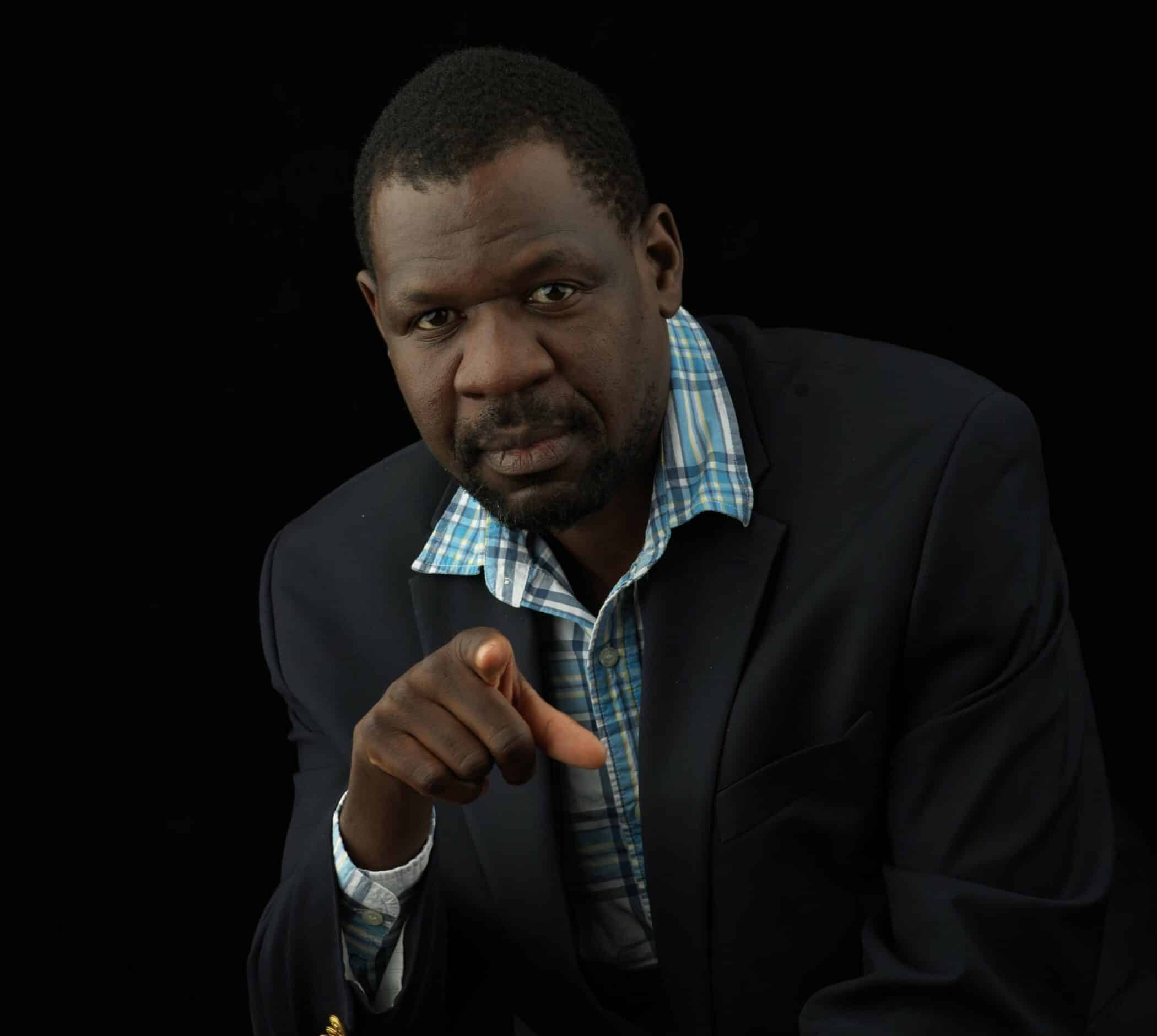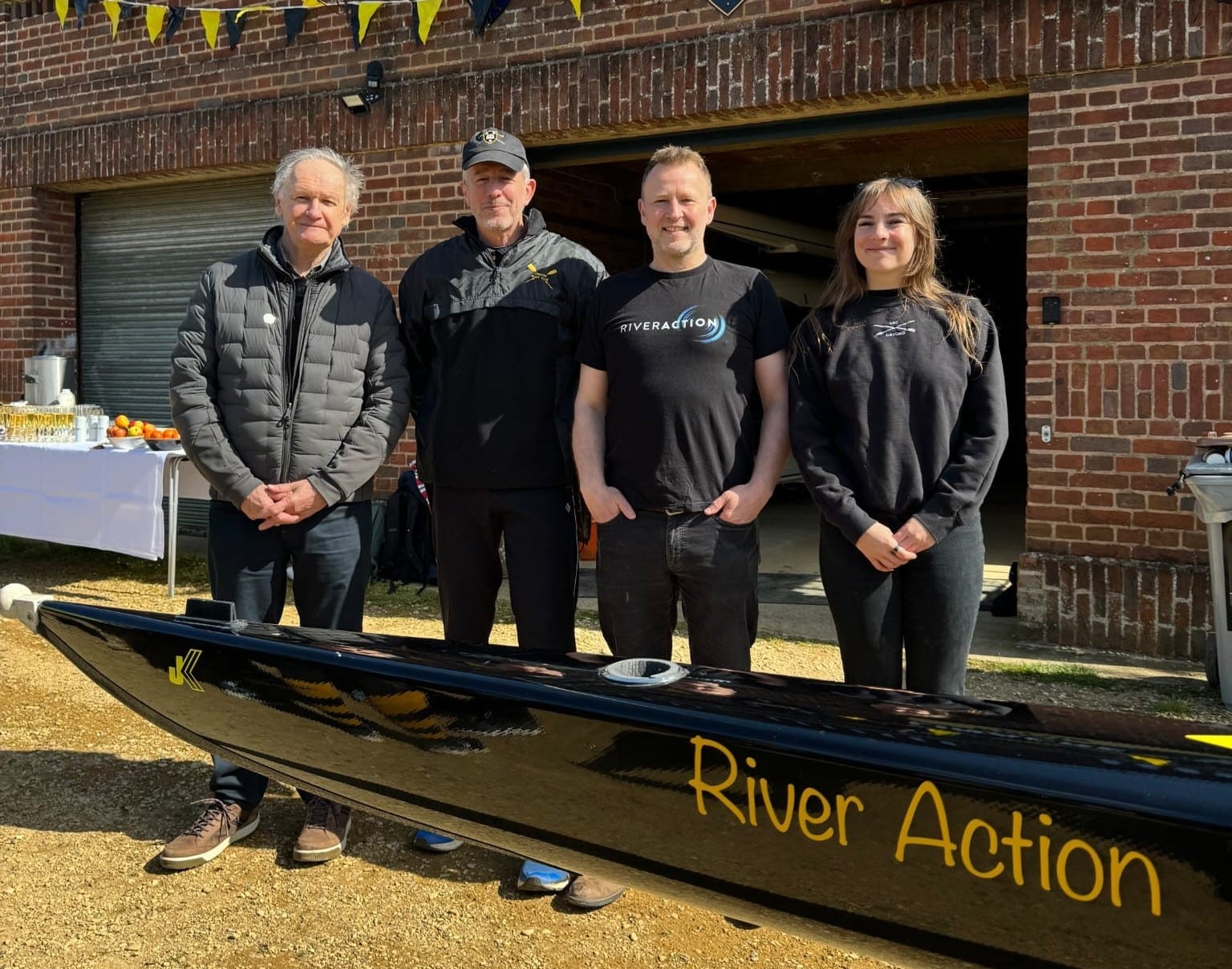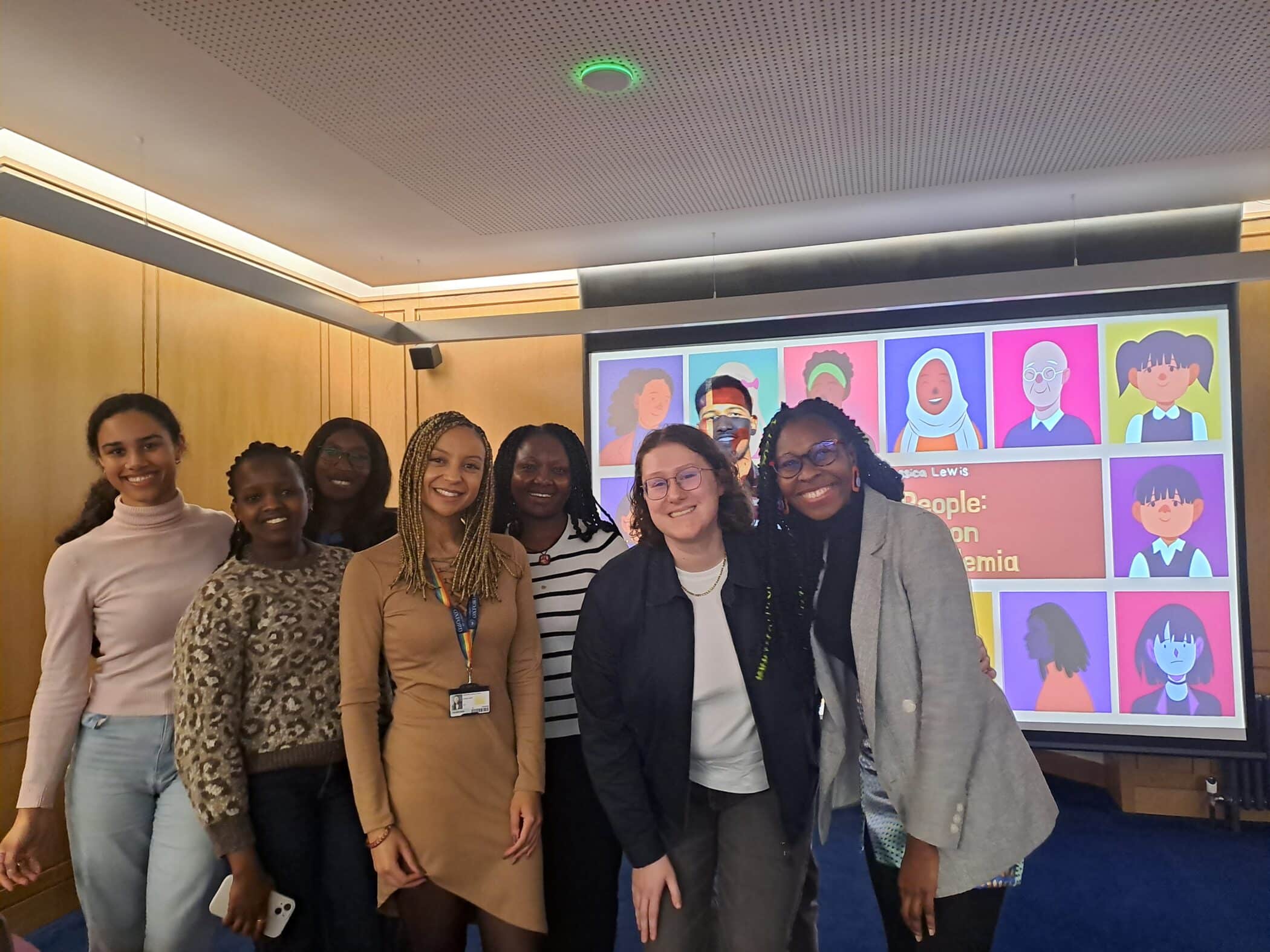The ERC is the premier European funding organisation for excellent frontier research, and the ERC Advanced Grants are amongst the most prestigious and competitive EU funding schemes. These provide leading senior researchers with the opportunity to pursue ambitious, curiosity-driven projects that could lead to major scientific breakthroughs. The new grants, worth in total nearly €652 million, are part of the EU’s Horizon Europe programme.
This latest call for proposals attracted over 1,800 applications, of which around 14% were selected for funding. The successful projects will carry out cutting-edge research in a wide range of fields, from life sciences and physical sciences to social sciences and humanities.
Iliana Ivanova, the European Commissioner for Innovation, Research, Culture, Education, and Youth, said: ‘To all the new ERC grantees, my heartfelt congratulations! These grants will not only support leading researchers in pushing the boundaries of knowledge, but also create some 2500 jobs for postdoctoral fellows, PhD students and other research staff across Europe. This investment nurtures the next generation of brilliant minds. I look forward to seeing the resulting breakthroughs and fresh advancements in the years ahead.’
Professor Chirikure will combine interdisciplinary scientific techniques with innovative applications of worldviews to transform our understanding of how human migration and networks shaped development in Southern Africa between 300 BCE – 1500 CE. His focus will be the Bantu people, who today represent a large ethnolinguistic group spread over a broad area of Africa. Current theory holds that, between 5,000-1,000 years ago, farming caused a population expansion, prompting a rapid north-to-south settlement of a third of Africa by Bantu farmers. However, the exact nature of this mass movement is poorly understood.
Professor Chirikure said: “We will conduct fieldwork in eight countries – Angola, Botswana, Eswatini, Malawi, Mozambique, South Africa, Zambia, and Zimbabwe – to expand existing data sets, then apply high-resolution scientific analyses to well-dated collections (including metals, pottery, seeds, and bones) to arrive at a critical understanding of the spread of Bantu speakers and their lifeways across Southern Africa. The outcomes of the project will throw new light on Southern Africa’s development, and can serve as a model for other large-scale movements of people across the globe, such as the Yamnaya culture in Eastern Europe.”


















